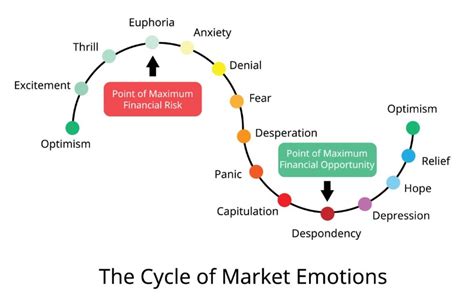The Psychology of Cryptocurrency Trading: Understanding Fees and Swaps
The world of cryptocurrency has been rapidly evolving since its inception in 2009. With the rise of platforms like Bitcoin, Ethereum, and others, the market has become increasingly liquid and accessible to a wider range of investors. However, trading cryptocurrencies comes with a multitude of complexities, including fees, swaps, and psychology. In this article, we will delve into the world of cryptocurrency trading, exploring the psychological aspects that affect traders’ behavior and decision-making.
Fees: The Hidden Cost of Trading
Cryptocurrency trading involves buying and selling digital assets on online exchanges, which incur various fees from brokers, market makers, and other intermediaries. These fees can be substantial, ranging from a few percent to several hundred dollars per trade, depending on the platform and liquidity of the market.
One of the most significant psychological effects of fees is their impact on investor behavior. When traders realize that they are paying high fees for each transaction, it can lead to a sense of anxiety and stress, causing them to be less confident in their trading decisions. This fear can manifest in various ways, including:
- Fear of missing out (FOMO): Traders may feel compelled to trade more frequently or at lower prices due to the potential for higher profits.
- Loss aversion: Traders tend to prefer avoiding losses over making gains, leading them to focus on minimizing risks rather than maximizing returns.
- Overtrading: The pressure of paying fees can lead traders to make impulsive decisions, resulting in frequent trades and decreased trading volume.
Swaps: A Double-Edged Sword
Swaps are a type of trading strategy that involves converting one cryptocurrency into another or vice versa. Swaps have gained popularity in recent years due to their potential for generating high returns.
However, swaps also come with unique psychological challenges. The constant flux of market prices and exchange rates can create uncertainty among traders, leading to:
- Market timing anxiety: Traders may worry about price movements and adjust their strategies accordingly.
- Risk management: Swaps require risk management skills, as traders need to balance potential gains against the possibility of losses due to liquidity issues or unexpected price moves.
Trading Psychology: Understanding Your Behavioral Patterns
The psychology of trading is complex, and individual traders often exhibit unique behavioral patterns. To succeed in cryptocurrency trading, it’s essential to understand these patterns and develop strategies to overcome them.
- Loss aversion: Traders tend to focus on minimizing losses rather than maximizing gains.
- Fear-avoidance: Fear can lead traders to become overly cautious, reducing their willingness to take risks or make impulsive decisions.
- Emotional decision-making: Traders often use emotional cues, such as news headlines or social media, to inform trading decisions.
Strategies for Overcoming Psychological Barriers

To overcome psychological barriers in cryptocurrency trading, consider the following strategies:
- Set clear goals and risk management parameters: Establish a solid understanding of your investment objectives and risk tolerance.
- Develop a consistent trading strategy: Identify patterns in market behavior and stick to your approach.
- Practice self-care and stress management:
Regular exercise, meditation, or other relaxation techniques can help you stay calm under pressure.
- Diversify your portfolio: Spreading investments across different assets can reduce risk and increase potential returns.
- Continuously educate yourself: Stay informed about market developments, new strategies, and best practices to improve your trading skills.
Leave a Reply